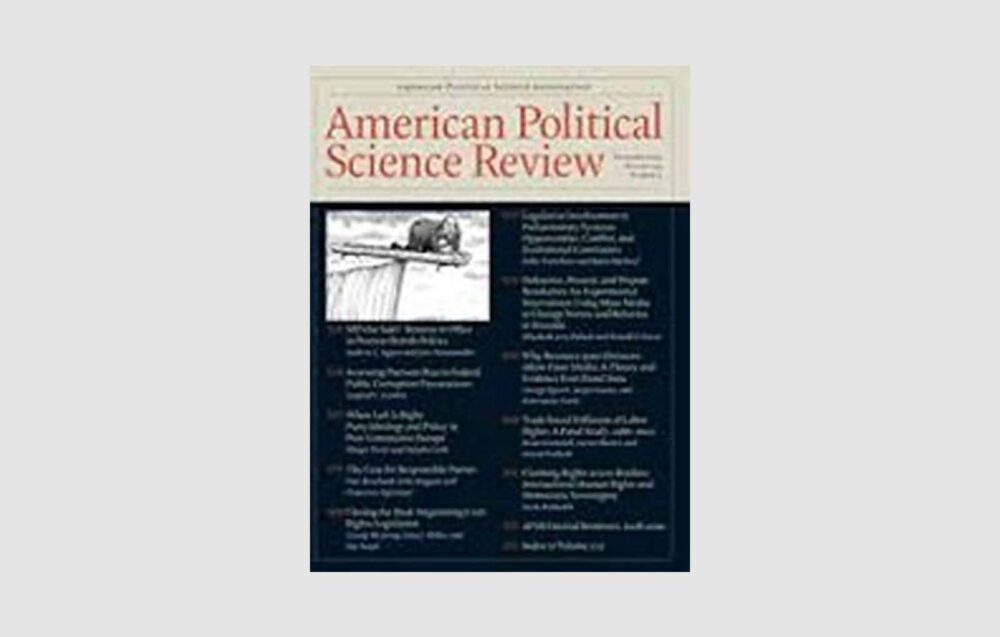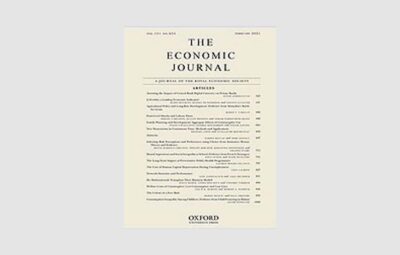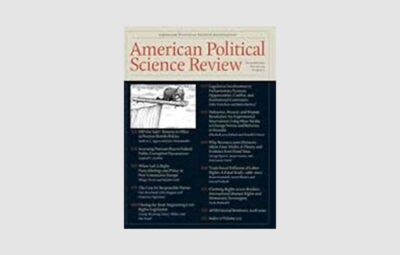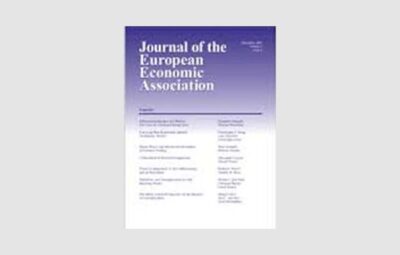Is electoral competition good for political selection? To address this issue, we introduce a theoretical model where ideological parties select and allocate high-valence (experts) and low-valence (party loyalists) candidates into electoral districts. Voters care about a national policy (e.g., party ideology) and the valence of their district’s candidates. High-valence candidates are more costly for the parties to recruit. We show that parties compete by selecting and allocating good politicians to the most contestable districts. Empirical evidence on Italian members of parliament confirms this prediction: politicians with higher ex ante quality, measured by years of schooling, previous market income, and local government experience, are more likely to run in contestable districts. Indeed, despite being different on average, politicians belonging to opposite political coalitions converge to high-quality levels in close electoral races. Furthermore, politicians elected in contestable districts have fewer absences in parliament, due to a selection effect more than to reelection incentives.
Competing on Good Politicians
Joint with Vincenzo Galasso



